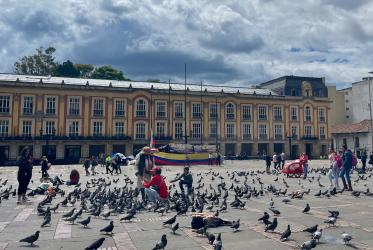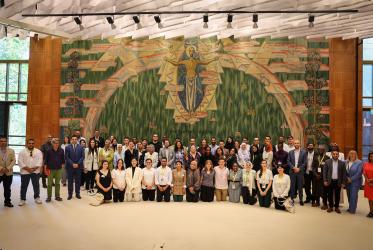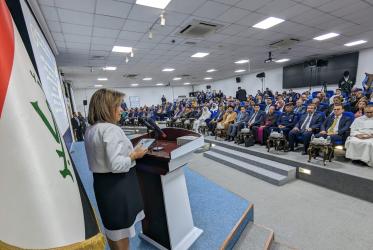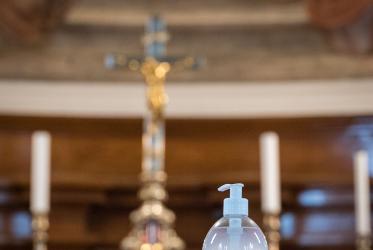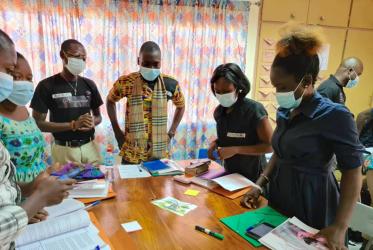Displaying 1 - 20 of 244
Recommended Practices to Combat HIV-Related Stigma
A Guidebook for Local Faith Communities
05 October 2023
Faith Sector Implementation of the Global AIDS Strategy
05 October 2023
WCC honoured with Geneva Engage Award
01 February 2022
